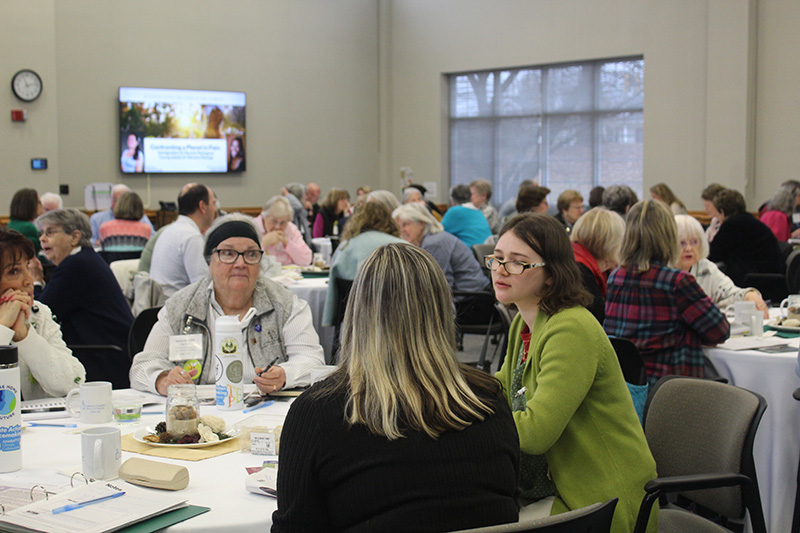LAURA ANDERKO, PhD, RN
Co-director at Villanova University’s Mid-Atlantic Center for Children’s Health and the Environment
“Today, however, we have to realize that a true ecological approach always becomes a social approach; it must integrate questions of justice in debates on the environment, so as to hear both the cry of the earth and the cry of the poor.”
— Pope Francis, Laudato Si’
Environmental justice is a human rights issue and one that significantly impacts health. In his encyclical Laudato Si’, Pope Francis calls for “an integral ecology, one which clearly respects its human and social dimensions.”1 Due to wealth disparities, systemic racism, the legacy of redlining, poor land use in community planning and marginalized political influence, many communities face negative health consequences from polluting industries, natural disasters and climate change.
The people in these communities have historically faced discrimination, bearing the burden of pollution and other environmental hazards without benefitting from the protections enjoyed by communities who possess more economic, political and societal capital.2 Current policies and systems fail to meet fundamental needs that would support resiliency in overburdened communities that have traditionally been underrepresented in decision-making processes.
Decades of research provides solid evidence of disproportionate environmental health risks affecting communities of color, indigenous communities and low-income people across a variety of environmental hazards: lead, air pollution, chemical facilities, mining and climate change.3-8 While health professionals have worked tirelessly to address health care needs, we need a broader perspective to identify and act on the underlying causes of health disparities — especially those brought on by exposure to environmental hazards that are inherent in marginalized communities. We need to focus on justice issues, specifically environmental justice issues, to fully address the health needs of these overburdened populations.
Health professionals play a critical role as they shape institutions, research, application of health practices and policies, and interactions with communities to advance environmental justice. This will require health professionals to embrace a social determinants model of health, recognizing that environmental hazards can lead to a lifetime of poor physical condition.
Read full article in Health Progress, Journal of the Catholic Health Association of the United States.







